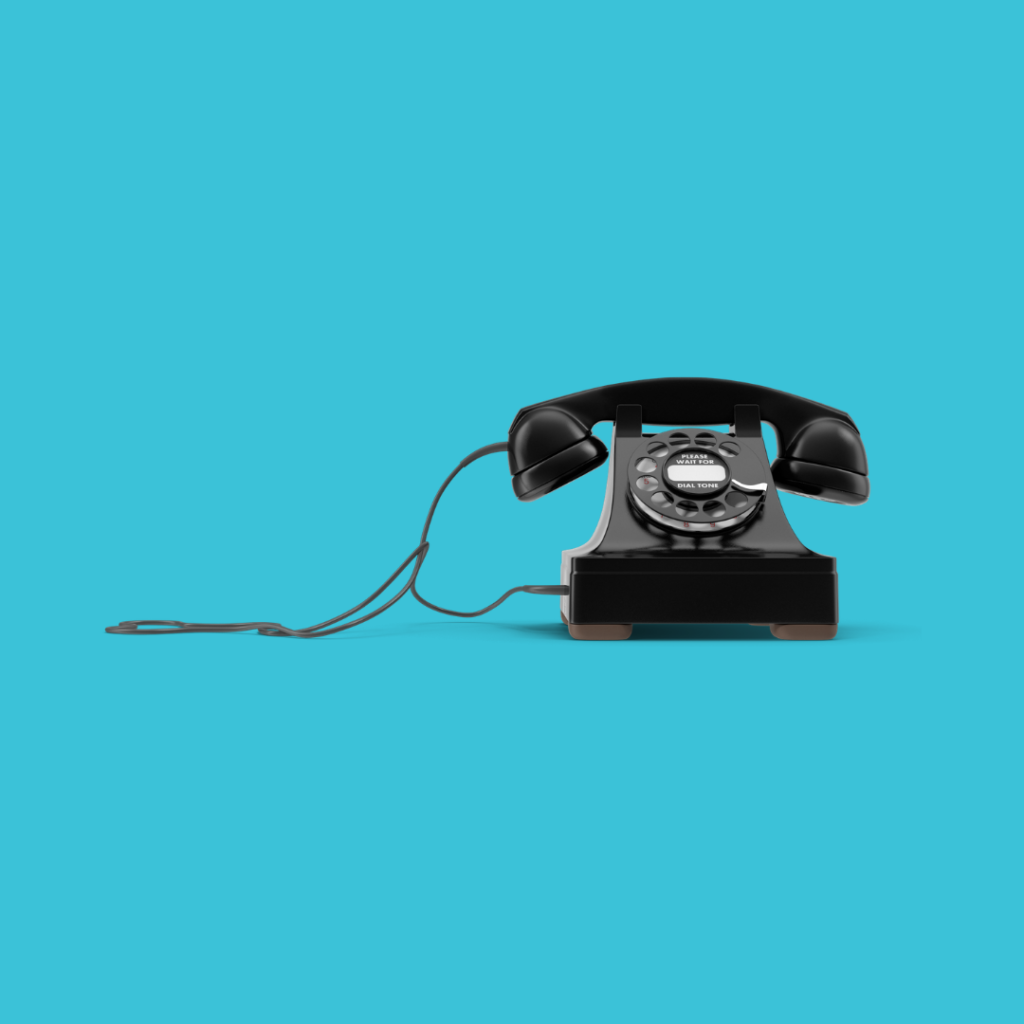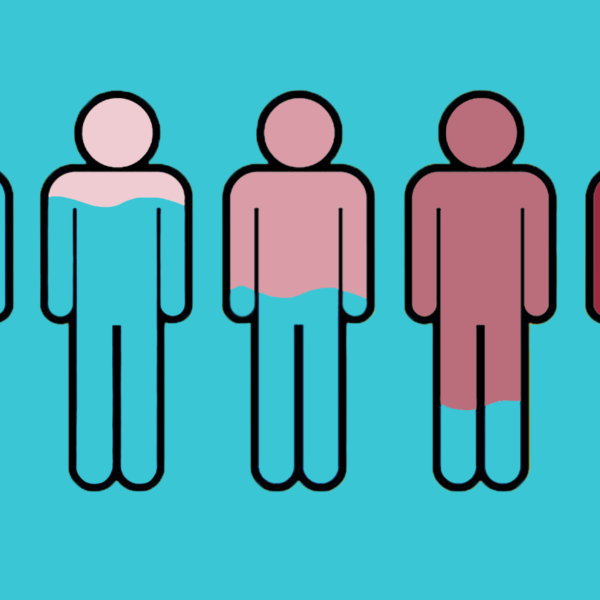Interviews in general can be intimidating, without question. Phone interviews, though, provide many benefits that we don’t see with in person interviews. With their recent rise in use, especially in the healthcare world, we wanted to take the time to acknowledge these benefits and go over how you can use them to prepare for a phone interview.
First Impressions Count
First impressions are an overreaching term for a lot of little pieces. In an average interview, a first impression would be an outfit, a solid handshake, and good posture. On a phone interview, it changes to tone, preparation, and phone etiquette.
Your tone, from the moment you answer the phone, will guide the conversation. If you are tired, bored, or not interested in the opportunity, that will most certainly come across. There is a good side to this as well; as easy as it is to hear insincerity over the phone, it is just as easy to hear sincerity.
When you talk to your interviewer, make sure you are sitting up and speaking conversationally. You want them to know the professional you, so speak with the same tone and expressiveness that you would normally be using in the office. While they can’t see your face emote, they will hear it in your voice, so respond as naturally as possible so they can get the best idea of who they are hiring.
To make sure that they remember you and the things you say, take the extra time to not only prepare yourself for the interview, but also the space around you. If your interview starts at noon, try to be someplace quiet and alone 5-10 minutes before it starts. Have notes and research on the facility and job description, questions, and the resume you sent to them all laid out and reviewed beforehand, to get in the right mindset.
Make sure to let those who might cause distractions or noise know what time the interview is planned for and keep them updated if that time changes. Additionally, it is not a bad idea to ask if roommates or partners could take care of pets or children during the interview time. Knowing that someone you trust is in charge and caring for your loved ones is one less distraction to worry about.
With you mentally and spatially prepped, take some time to prepare yourself on a physical level. Studies have previously shown that dressing up for a phone interview can help you preform at your best. Etiquette rules still apply on a phone interview and, while they can’t be seen, a lack of them can certainly be felt. Taking the time to take care of yourself can make all the difference on an interview.
When you get to the area where you will be having your phone interview, take a few minutes to stretch. This can get rid of some of the more immediate physical stress that has built up and encourage a more relaxed, though still professional, posture and attitude.
Know the Questions
Some questions are classic and some questions are there to put you on the spot. Taking time to prepare for all kinds of questions will help you feel relaxed and focused throughout your interview. The College Grad talks about eight different question types you might face in an interview. For now, we’ll focus on the top two you are most likely to see in a healthcare phone interview.
Competency questions are a favorite in healthcare interviews and should be your favorite as well. This type of questions focuses on you showcasing the skills you have put to use in the past. You will often see this questions framed as “Give me an example of when…” or “Describe a time when…”. When these questions come up, the interviewer is expecting examples of practical application.
Behavioral questions can ask for the ‘how’ or the ‘what’ you did when faced with a situation in the past. While similar to competency, they’re not completely the same. Competencies are looking for proof that you are aware of the skills you previously used and could put them to use again in the right situations. Behavioral questions are looking for an objective idea of how you responded to past situations and determine if your methods fit what they are looking for.
Take time to think about these questions before the interview. Jot down examples of your highs and lows in previous positions and the key experiences you took from those times. Then, write down the criteria of what the position is looking for and practice how to best word those stories to highlight the desired skills. It’s a simple practice, but having it written in front of you will keep you from panicking and allow you to sound confident in your abilities over the phone.
It’s possible that you will face credential and experience verification questions, but a well-crafted and detailed resume will answer those questions for you, long before the interview starts.
If you get a nonsense question, do not panic about your answer. This is a question to have fun and be original with. If you are asked ‘what animal do you best associate with’ or ‘where do you see yourself in 5 years’, take the liberty to relax. More often than not, interviewers who ask this are just testing to see how well you think on your feet, as there is no specific right answer.
Addressing Money
Money is still a taboo subject in the workplace. Even more so in an interview, oddly enough. This has gotten better over recent years, but it’s still a finicky subject. For phone interviews, if you are asked directly, it is perfectly acceptable to give a range of what you are looking for.
The interviewer is asking because they want to gauge expectations on both sides. If you ask for an astronomical amount, they are going to be expecting high certifications, experience, and skills in return. Don’t lowball yourself, but keep in mind the regional average when coming up with a number for this answer.
If you are not asked, then the phone interview isn’t the step to address it on. If you are working with a recruiter, it is likely they have already addressed your desired pay with the facility. If you are not, the facility might be holding off until an in-person interview. This advice is something to keep in mind for bonuses or funding for relocation, too.
It’s always good practice to have an answer prepared, but it’s even better practice to leave it up to the facility to address it first.
Every field has it’s own tips and tricks for acing interviews. Our recruiters are experienced in making the process as easy as possible. If you’re interested in working together, you can send in a resume or apply directly to one of our opportunities. We look forward to hearing from you!











